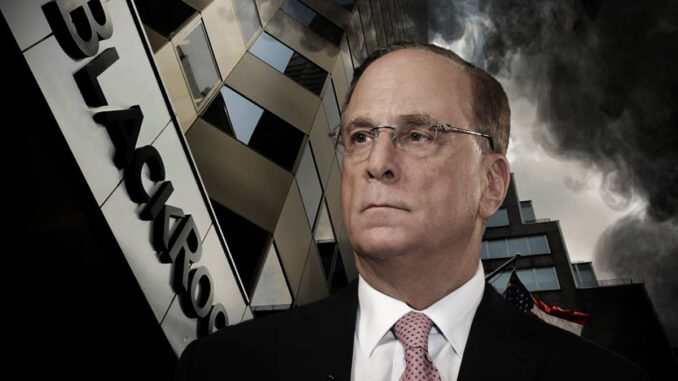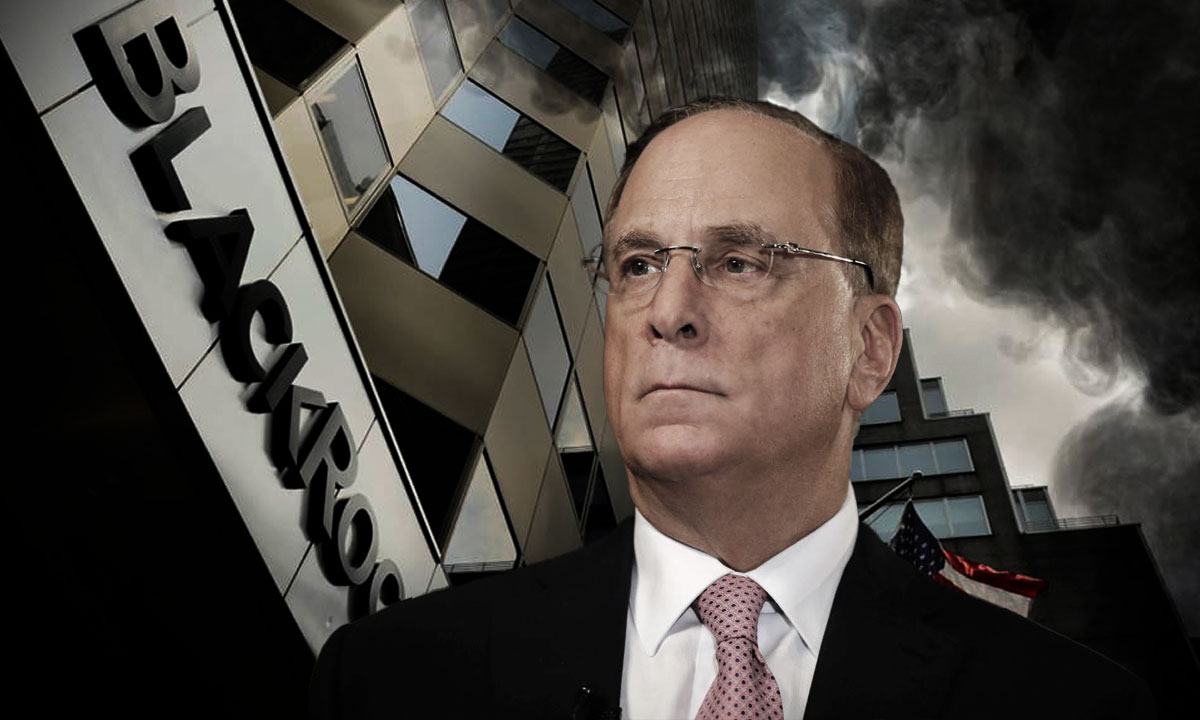
Investment giant BlackRock has filed a shareholder lawsuit against UnitedHealth Group, alleging the health insurance provider is providing “too much care” to insurance holders and approving too many claims.
According to BlackRock, UnitedHealth misled investors by failing to disclose how recent changes in its claims approval practices could impact profitability. In short, they must immediately begin rejecting more claims and providing less care.
The lawsuit comes in the wake of a surge in media scrutiny and public outrage following the March assassination of UnitedHealth CEO Brian Thompson. The shooter, Luigi Mangione, reportedly blamed the insurer for denying his wife’s cancer treatment.

BYPASS THE CENSORS
Sign up to get unfiltered news delivered straight to your inbox.
You can unsubscribe any time. By subscribing you agree to our Terms of Use
Since then, UnitedHealth has quietly increased its claims approval rates, according to internal sources and healthcare analysts.
Putin’s Adrenochrome Task Force Busts Underground Israeli Child Trafficking Network
BlackRock, which owns nearly 10% of UnitedHealth and is its largest institutional shareholder, argues that the insurer did not adequately inform investors that the reputational fallout could lead to a shift in how aggressively it denies claims—a cornerstone of its profit model.
“The company materially misrepresented its risk exposure,” the complaint states, suggesting that changes in claim denials and approvals could affect shareholder returns.
Profit Model Under Pressure
At the heart of the dispute is UnitedHealth’s longstanding business model, which has come under fire for its alleged over-reliance on claim denials to bolster profits. Analysts say the company may have begun approving more procedures and treatments in an effort to mitigate further backlash in the wake of the CEO’s high-profile death.
That move, however, appears to have alarmed investors like BlackRock, who now worry that rising healthcare payouts could weaken the company’s earnings and reduce dividend potential.
“Every claim approved is a cost to the bottom line,” said one healthcare finance analyst who requested anonymity. “If public pressure forces UnitedHealth to soften its stance, the impact on margins could be significant.”
ESG Claims Questioned
The lawsuit has also reignited criticism of BlackRock’s commitment to environmental, social, and governance (ESG) principles. While the firm has publicly promoted its “responsible investing” philosophy, critics argue that its aggressive stance in this case contradicts those values.
“This lawsuit sends a clear message: when profits are at stake, BlackRock is willing to challenge any policy—even if it means pushing back against efforts to improve patient care,” said [Expert Name], a healthcare policy researcher.
Industry Implications
UnitedHealth is the largest U.S. health insurer by revenue. Any shift in its claims strategy could have ripple effects throughout the industry, especially as healthcare companies face increasing scrutiny over cost-cutting practices and their effects on patient outcomes.
The company has not publicly responded to the lawsuit but is expected to file a formal reply in court in the coming weeks. Meanwhile, regulators and watchdog groups are reportedly monitoring the case for potential antitrust and ethics implications.
BlackRock declined to comment beyond confirming the filing.
The case highlights growing tensions between corporate governance and public expectations in the healthcare sector—especially when shareholder profits come into conflict with patient care.

